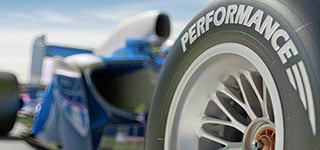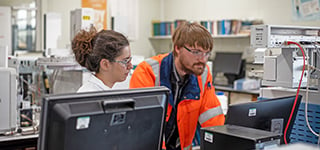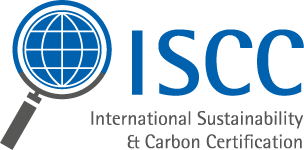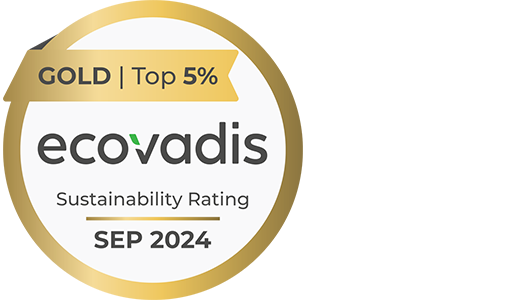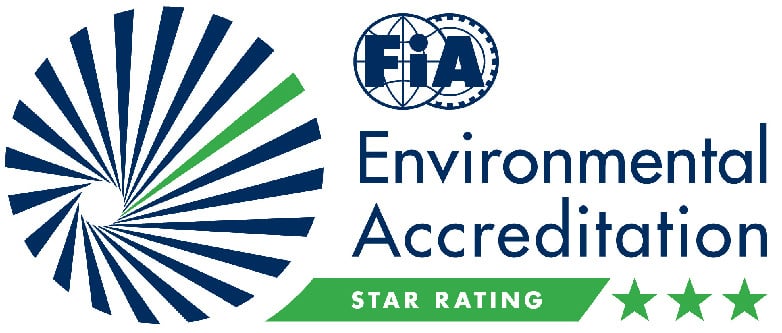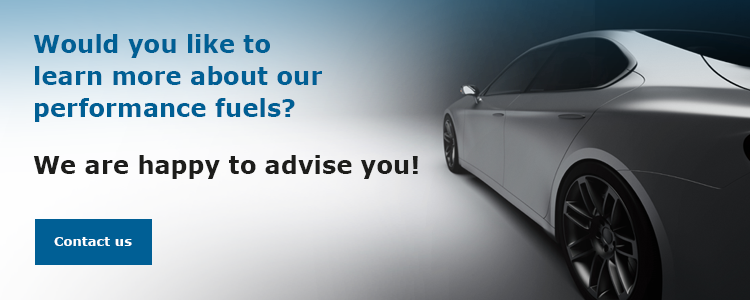Product information
Test and calibration fuels are well defined high performance fuels, manufactured to exacting tolerances that allow manufacturers to measure and test a whole range of performance parameters.
Precision, consistency and reliability in fuel formulations is vital to ensure the accuracy of data that we get. In turn, this requires the highest quality fuel refining and blending technology.
Manufacturers need lots of different fuels to support their research and development programs. Special fuels are also needed for durability tests to establish mpg figures or to provide other reference data.
Test & Calibration Fuel Products
Country Representative & Development Fuel
Engine and component OEM’s must produce vehicles which operate satisfactorily in all countries under all climatic and geographic conditions.
Emission regulations need to be met, performance improved and the adaptation to change is essential.This can only be achieved by extensive testing and development with the appropriate fuels. Fuels vary considerably around the world and manufacturers need to match different fuels to support their R &D programmes.
Haltermann Carless offers a wide range of diesel, gasoline & kerosene representative :
Gasoline
- RON 91 E10
- RON 95 12 PSI
- RON 98 12 PS
- E10 14 PSI,
- E22 14 PSI
- RON 87
- RON 82
- AKLH 15 & RSG test fuels
- European seasonal representative gasoline
- North & South America representative gasoline
- Japan representative gasoline
- Thailand representative gasoline
- Iranian representative gasoline
- Algerian representative gasoline
- Indian representative gasoline
- China representative gasoline (RON 93 M15, containing
- MMT/manganese)
Diesel
- Very low sulfur 0 ppm to very high 8 000 ppm S
- US B20 SME diesel
- EN590 Class 2,
- EN590 Class 3,
- EN590 Class 4 (Arctic grades)
- EN 590 B10 RME Grade F
- High Cetane or low Cetane diesel
- Tight & monitored HFRR (lubricity)
- US representative diesel fuel
- Indian representative diesel
- Australian representative diesel
- Africa representative diesel
- Brazilian representative diesel
- Malaysian representative diesel
Kerosene
- JP 8
- NATO F34
- NATO F63
Biofuels
The mobility energy mega trend is driven by emission reduction and by the increased use of bio fuels. Fuels vary considerably around the world including bio-diesel blends, bio-ethanol blends from different renewable sources and second generation bio-fuels.
Engine and component OEM’s must produce vehicles and parts which operate satisfactorily with the current biofuels concentration in hydrocarbons fuels, but also with the future trends in terms of concentrations and qualities of bio fuels
Indeed, the bio fuels industry is growing fast, new production processed & sources of biofuels are appearing thus engine and component OEM’s must anticipate compatibilities of new generation biofuels & their products.
Gasoline
- Ethanol : E10, E15, E20, E50, E85, E95
- 2nd generation Ethanol : cellulosic ethanol produced from agricultural residues
- Brasil : E22, E24, E93, Typo C
- Methanol : M10, M15, M30, M85 blends
- IPA : IPA 10, IPA15 blends
- E100 : AEAC, AEHC, EN 15376, Non denatured ethanol
- Alkylate/Bio-blends
Diesel
- FAME (EN14214) : B5, B10, B20, B30, B100…
- RME : B5, B10, B20, B30, B100…
- SME : B5, B10, B20, B30, B100…
- GTL : Gaz To Liquid
- BTL : Biomass To Liquid
- HVO: Hydrogenated Vegetable Oils
- Used Frying Oils regenerated
Kerosene
- FT- SPK : Synthetic Paraffinic Kerosene produced from Fisher Trop process
- HEFA : hydroprocessed esters and fatty acids
Sunliquid 20
Haltermann Carless joined forces with Clariant and Mercedes-Benz to road test Clariant’s sunliquid® process that converts wheat straw into cellulosic second generation bio-fuel ethanol providing a product which is virtually CO2-neutral. Haltermann Carless then blends the ethanol with conventional fuel components and produces the innovative high octane fuel which gives optimal efficiency without competing with food production or agricultural acreage. This straw-based fuel is compatible with existing engines and was road tested for a year using Mercedes-Benz cars, with the aim of demonstrating that the 20% ethanol fuel is ready for market and technically compatible with a variety of vehicles.
sunliquid® is an innovative biotechnological process for manufacturing cellulosic ethanol from agricultural residues such as cereal straw, corn stover or sugarcane bagasse. During the fully integrated process, highly optimised, feedstock-specific biocatalysts split cellulose and hemicellulose into fermentable sugars under stable processing conditions in high yields. The process-integrated production of biocatalysts offers flexibility and reduces production costs. In the next step, an optimised fermentation organism allows both C5 and C6 sugars to be converted into ethanol, so increasing the ethanol yield by around 50%. An innovative purification process developed by Clariant is instrumental in enabling all the energy required for the process to be derived from the insoluble residue lignin. The resulting cellulosic ethanol saves around 95% of CO2 emissions compared to fossil-derived gasoline.
Clariant, Haltermann Carless and Mercedes-Benz have tested a fuel of the future in a fleet test, where initial results prove the high quality and excellent properties of sunliquid® 20 fuel (contains 20% ethanol coming from straw). With its first-class combustion properties, sunliquid® 20 improves engine efficiency so that its 4% lesser energy content, as compared to E10, is more than compensated. For drivers, this means with sunliquid® 20, the sustainability of the fuel (reduced CO2 emissions) is increased significantly whilst consumption remains the same.
In addition to first-class performance, the 50% improvement in particle count emissions of sunliquid® 20 in contrast to the EU reference fuel EU5 is notable. Furthermore, the cellulosic ethanol in sunliquid® 20 demonstrates especially high greenhouse gas emission savings of up to 95% across the entire value chain (well-to-wheel perspective) without competing with food production or agricultural acreage. Consumers could fill now their tanks with an eco-friendly fuel, one which can be introduced without making any adjustments to the gas station infrastructure in Europe and without compromising fuel range and driving comfort.
Worst Case Fuel
Worst Case Fuels could be defined as fuels being the most aggressive in order to simulate the worst case situations that engines or parts could face.
Worst case fuel, can be used for example in order to speed up durability tests (acceleration of degradation), they can help to simulate gasoline pumps cavitation problems, to control how engine/parts will face the use of a fuel which has been stored for a very long time, or how the engine/parts will handle any pollution in the fuel (such as water, acids, other types of fuels…)
Gasoline
- Manganese containing gasoline
- Lead containing gasoline
- Aggressive fuels
- high acidity
- high electrical conductivity
- Sulphate and chloride containing fuels
- High sulphur
- Lead content
- Targeted Water content
- RSG fuels with additives
Diesel
- High HFRR
- Low / High Cetane
- Very low or Very high oxidation stability
- Very low IBP
- Very high aromatics content
- Very high sulphur, high water content
Kerosene
- High HFRR
- Low oxidation stability
Customer Bespoke Fuels
Haltermann Carless produces a range of fuels designed in close cooperation with engine and vehicle manufacturers to respond to their specific requirements.
These working partnerships with companies from all over the world have been forged for decades making Haltermann Carless the fuel expert partner to the global automotive and mobility industry.
Haltermann Carless is one of the few companies in the world that has the know-how, expertise and fuel experience to provide customized flexible solutions and a full world class service to global customers.
The fuel experts and scientists at Haltermann Carless are active members of different standardization organizations and have outstanding records in fuel development technologies and chemistry analytical knowledge. Haltermann Carless experts support customer bespoke fuels specification development by advising the most suitable analytical methods to run depending on the fuel composition & by defining the most acceptable min/max limits to set up depending the methods reproducibility & repeatability.
Additionally, dedicated sales and support teams are on hand to provide exceptional service and add value to any business.
Most global truck, automobile and component manufacturers are partnering with Haltermann Carless to gain support for their tests and R&D programs.
Contact
Senior Vice President
Business Unit Mobility
Sales Contacts
Sales Director – Performance Fuels, North America
Mobile: +1 313 919 8468
Sales Manager – Performance Fuels, Germany
Phone: +49 40 333 18 316
Mobile: +49 151 270 403 85
Head of Performance Fuels Sales, UK
Mobile: +44 7880 192076
Business Development Manager – Performance Fuels, France
Mobile: +33 6 80 45 73 36
Hiroki Kawamoto
Business Development Manager – Performance Fuels, Japan
Tel. +81 80 3344 8802

